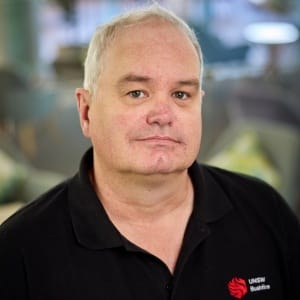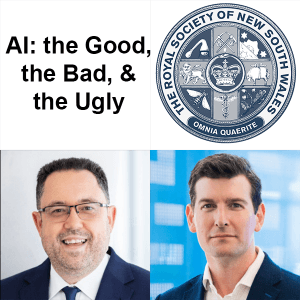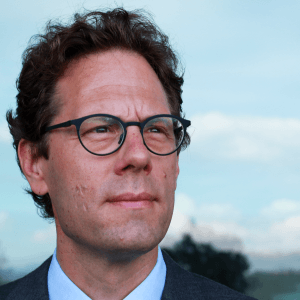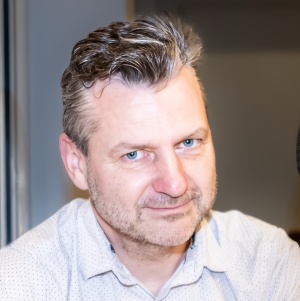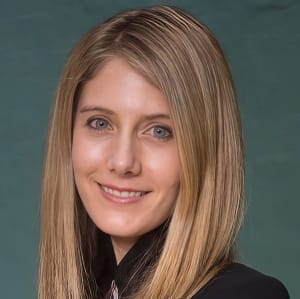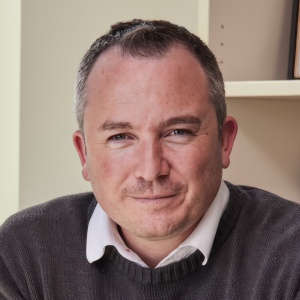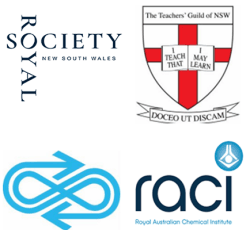
 “Exploring major discoveries and theories
“Exploring major discoveries and theories
in physics, mathematics, biology, and chemistry”
Associate Professor Benjamin Pope, Macquarie University
Emeritus Professor Liz Harry, University of Technology Sydney
Associate Professor Helen Georgiou, University of Wollongong
Dr Vipul Agarwal, UNSW Sydney
A joint meeting of the Australian Institute of Physics (AIP), the Teachers’ Guild of NSW (TGNSW), the Royal Australian Chemical Institute (RACI), and the Royal Society of NSW.
The Frontiers of Science Forum is proudly supported by the Laboratories Credit Union.
Date: Friday, 28 March 2025, 5.00 pm for 6.00–9.30 pm AEDT
Venue: Concord Golf Club, 190 Majors Bay Road, Concord (free onsite parking is available)
Entry: $30 (includes light refreshments from 5.00 pm)
Enquiries: TGNSW Secretariat Phone: 0418 318 418
Program flyer: Available from the TGNSW website
Registration: Registration is required by Friday, 21 March 2025
All are welcome
Ever since the Copernican revolution in the 15th century, science has been progressing at an exponential rate. Major discoveries and theories in physics, mathematics, biology and chemistry, have shaped and continue to grow at an exponential rate. The Frontiers of Science forum will have a group of international experts to give brief talks on the latest and future developments in their fields of knowledge.
Schedule
5.00 pm: Registration and refreshments
6.00 pm: Welcome by Dr Frederick Osman FRSN FTSN FAIP FACE
6.15 pm: Presentations (25 minutes each)
8.35 pm: Panel Discussion and Q/A with Ian Woolf (Diffusion Radio)
9.30 pm: Vote of Thanks and Close
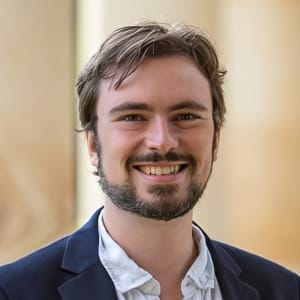
Associate Professor Benjamin Pope, Macquarie University, School of Mathematical and Physical Sciences
Imaging Planets around Other Stars with the James Webb Space Telescope
James Webb is a $10 billion NASA space telescope – but you may not know its highest resolution camera is Australian-made. This Aperture Masking Interferometer, AMI, has imaged planets being born and black holes shining bright: but until our team fixed it with cutting-edge computer science, the images were too blurry to use. I will talk about how we managed this and show off the beautiful images we’ve obtained!
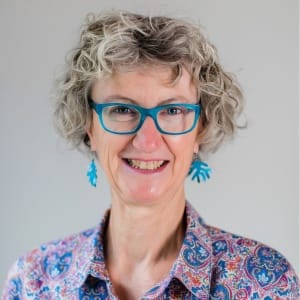
Emeritus Professor Liz Harry, University of Technology Sydney and Senior Higher Education Consultant, Outside Opinion
The Secret Life of Bacteria
In this talk, Liz Harry will share with you her insatiable curiosity that drove her to do science, specifically to understand the biology of bacteria. The talk will introduce the audience to the world of bacteria, most of it under the microscope, which is why bacteria are so secret……until now! The biology of these tiny organisms is much more understood than it was when they were first discovered. Once considered ‘amorphous blobs’, we now know they are highly organised single-celled organisms that orchestrate all their cellular processes with exquisite precision in time and space. Liz will lead you through their world, sharing with you how we discovered them, and how research has led to us revealing amazing insights into how they survive, divide and conquer. She will describe how excellent scientific research and new technologies have done this, being a pioneer in one of them, with lots of colour and pizzaz.
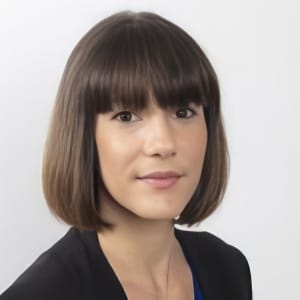
Associate Professor Helen Georgiou, University of Wollongong, School of Education
Shaping the Future of Science Education: Progress and Possibilities
Over the past decade, Australia has undertaken a focused national effort to address persistent challenges in science education. These challenges include teacher shortages, declining enrolments, reduced interest, achievement gaps, and inequities in participation, particularly along gender lines in certain disciplines. As the demand for STEM-capable graduates continues to grow, it is essential to evaluate the effectiveness of these efforts. While there have been notable successes, several enduring issues remain. This talk will examine the progress and limitations of the national strategy, with a particular emphasis on themes from my research: high school student achievement in science, enrolment trends in science subjects (notably physics), curriculum reform, and the engagement of women in STEM fields. By reflecting on these issues, Helen Georgiou will highlight pathways for continued improvement in shaping Australia’s science education future.
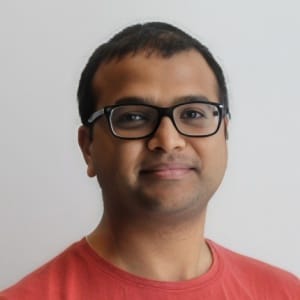
Dr Vipul Agarwal, UNSW Sydney, School of Chemical Engineering
Polymers—a necessity and challenge
Polymers are ubiquitous and have penetrated all aspects of human life. Ever since the discovery of the first synthetic polymer in the early 20th century, they have transformed human productivity and revolutionised almost all aspects of healthcare from diagnostics to treatment. The intrinsic advantageous properties, of particularly synthetic polymers which made them integral to our lives, have now become one of the biggest challenges threatening our survival. In this lecture, a brief overview of the impact of polymers on our lives and why it has become one of the leading challenges will be presented. Finally, our research on both propagation and recent invention on the recycling of synthetic polymers will be discussed.
About the presenters
Associate Professor Benjamin Pope is a researcher of extrasolar planets—planets around other stars—and focus on developing and applying new data science approaches for detecting and characterising them. After undergraduate studies at the University of Sydney, he completed his doctorate in 2017 at Oxford, and from 2017-20 was a NASA Sagan Fellow at New York University. Benjamin was a Senior Lecturer in Astrophysics and DECRA Fellow at the University of Queensland from 2021-2024 and has recently begun as an Associate Professor of Statistical Data Science at Macquarie University.
Liz Harry is an Emeritus Professor at the University of Technology Sydney (UTS) and a senior higher education consultant with Outside Opinion. A fascination with how bacterial cells multiply underpinned Liz’s pioneering research, which has changed the direction of thinking in this field of bacteriology. Liz has been awarded a Fogarty International Fellowship to work at Harvard and two Australian Research Council Fellowships. In recognition of her distinguished research contributions, she was awarded the 2008 Frank Fenner Award (Australian Society for Microbiology) and received the 2002 Australian Eureka Prize for Scientific Research. In 2016 she was included in the SBS list of six impressive Aussie women scientists. Liz is a Fellow of the Australian Society for Microbiology. She has mentored several young scientists to outstanding success and professional fulfilment and has been an advocate for science in the media and at several staged events to the public.
Helen Georgiou is an Associate Professor in Science Education at the University of Wollongong, with expertise in conceptual learning, technology-enhanced teaching, and STEM engagement. Helen is passionate about improving science education through innovative curriculum design and evidence-based teaching practices. She is an experienced researcher and educator dedicated to fostering student success in STEM fields. Current projects include developing students’ writing in high school science, engaging preservice primary teachers in STEM through the use of Makerspaces, and exploring female participation in STEM along the pipeline from school to industry.
Vipul Agarwal is a Senior Lecturer at UNSW Sydney. He joined UNSW in 2018 on a prestigious Australian National Health and Medical Research Council (NHMRC) Research Fellowship in the School of Chemical Engineering. Prior to this, he was awarded a SERB-DST National Postdoctoral Fellowship to undertake postdoctoral training at the Indian Institute of Science, India. Dr Agarwal graduated with a PhD in Chemistry from the University of Western Australia in 2015. Dr Agarwal’s current research interest is in materials chemistry focusing on the development of synthetic and fabrication strategies towards two- and three-dimensional polymer nanocomposites for a range of applications including neural tissue engineering. He has received a range of awards including a 2024 NSW Young Tall Poppy Award.
| Teachers Guild of NSW | |
| Date: | Friday, 28 March 2025, 06:00 PM |
| Venue: | Concord Golf Club, 190 Majors Bay Road, Concord |
| Entry: | 30 |
In Person Event
All are Welcome

